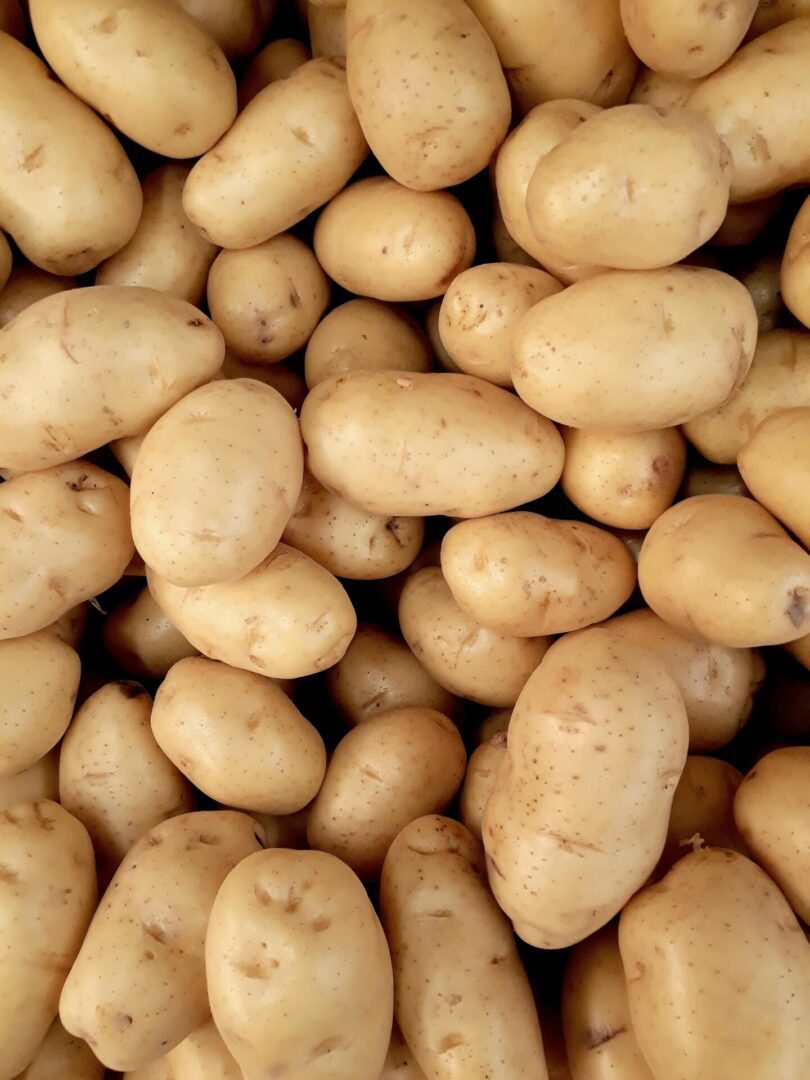Resistant Starch Benefits: The Gut Friendly Food for Better Health
Resistant starch benefits are gaining attention as a powerful way to improve gut health and stabilize blood sugar levels. Resistant starches are carbohydrates found in foods like potatoes, cornstarch, and green bananas that resist digestion in the small intestine and reach the large intestine intact, where they provide numerous health advantages.
What Are Resistant Starch Benefits and Why Do They Matter?
One of the key resistant starch benefits is their ability to slow down blood sugar absorption. When carbohydrates are eaten “naked,” meaning without fiber or other food groups, they can cause rapid spikes in blood sugar followed by sharp drops—similar to the ups and downs of a carnival ride. This rollercoaster effect often leads to fatigue, especially after meals like lunch.
If you notice feeling tired after eating, it may be a sign that your blood sugar is unstable—a precursor to pre-diabetes that often goes unnoticed. Resistant starch benefits include creating a more gradual blood sugar rise and fall, which helps maintain consistent energy levels throughout the day.
Another important benefit of resistant starches is their role as a prebiotic fiber. Resistant starches serve as food for beneficial gut bacteria such as faecalibacterium and bifidobacterium. These microbes help protect the mucous lining of the intestines, supporting overall gut integrity and immune function.
How to Maximize Resistant Starch Benefits in Your Diet
Some foods naturally contain resistant starch, like green bananas, legumes, and cornstarch. Others, such as potatoes, rice, and pasta, develop resistant starch when cooked and then cooled. For example, cooking potatoes and allowing them to cool in the refrigerator creates resistant starch that slows digestion and improves blood sugar control.
To enjoy the benefits of resistant starch, try preparing meals ahead of time and serving them cold or reheated. This simple step can transform everyday foods into gut-friendly powerhouses.
Supporting Your Gut Health Beyond Resistant Starches
While incorporating certain carbohydrates that feed beneficial gut bacteria is important, overall gut health depends on a variety of factors. A diverse diet rich in fiber from fruits, vegetables, whole grains, nuts, and seeds helps cultivate a thriving microbiome. Different types of dietary fiber nourish different species of bacteria, promoting a balanced and resilient gut ecosystem.
Fermented foods such as yogurt, kefir, sauerkraut, kimchi, and kombucha also contribute beneficial probiotics that can enhance gut flora diversity. These live microorganisms work synergistically with prebiotic fibers to maintain intestinal health and support digestion.
The Role of Hydration and Physical Activity
Proper hydration is essential for digestive health. Water helps dissolve nutrients and soluble fiber, making them more accessible to gut bacteria and aiding in smooth bowel movements. Drinking adequate water throughout the day supports the elimination of waste and toxins, reducing gastrointestinal discomfort.
Regular physical activity has also been shown to influence the gut microbiome positively. Exercise can increase the diversity of beneficial bacteria, improve gut motility, and reduce inflammation. Even moderate activities like walking, yoga, or swimming can contribute to better digestive function and overall health.
Managing Blood Sugar with Balanced Meals
Stabilizing blood sugar involves more than just the type of carbohydrates consumed. Pairing carbohydrates with protein, healthy fats, and fiber slows digestion and prevents rapid blood sugar spikes. For example, adding avocado or nuts to a meal with starchy vegetables can moderate glucose absorption.
Mindful eating practices, such as eating slowly and paying attention to hunger and fullness cues, also support better blood sugar control. Avoiding excessive consumption of processed sugars and refined grains reduces the risk of insulin resistance and metabolic imbalances.
When to Seek Professional Guidance
Consulting a healthcare professional is essential if you experience persistent digestive issues, unexplained fatigue, or symptoms suggestive of blood sugar instability. A qualified practitioner can help identify underlying causes, recommend appropriate dietary adjustments, and provide personalized support.
For individuals with specific conditions such as histamine intolerance, irritable bowel syndrome, or pre-diabetes, tailored nutritional strategies and monitoring are essential to avoid exacerbating symptoms and to promote healing.
Gut Friendly Potato Salad Recipe
Here’s a delicious way to enjoy resistant starch benefits with a simple potato salad:
Ingredients
1 pound fingerling potatoes
2 cups string beans, prepared
1/2 red onion
2 tsp Dijon mustard

1 Tbsp mayonnaise
2 Tbsp fresh parsley
Salt and pepper to taste
Instructions
Rinse potatoes (peeling optional). Boil in filtered water for about 10 minutes until tender.
Cool potatoes under cold water, then refrigerate.
Chop onion, string beans, and parsley.
Dice cooled potatoes and mix with vegetables, mustard, mayo, salt, and pepper. Adjust seasoning to taste.
Refrigerate up to 3 days.
Essential Considerations for Resistant Starch Benefits
While the benefits of resistant starch are significant, individuals with histamine intolerance should be cautious. Resistant starches and probiotics can sometimes exacerbate symptoms in sensitive individuals. If you suspect this might affect you, consult a healthcare provider for personalized guidance.




